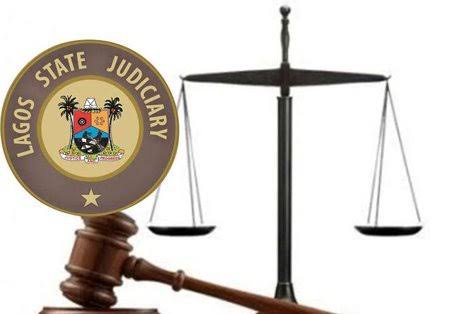Opinion by Bamisope Kupoluyi
mrbamisope@gmail.com

This legal issue has caused a lot debate over the years, so I have studied various laws and the constitution and came up with this opinion on the said matter.
According to Section 36(6) (c) of the Constitution, an accused person is entitled to defend himself in person or by a legal practitioner of his own choice. This is a fundamental human right extended to every accused person in Nigeria.
However, The Rules of Professional Conduct in Appendix F.4 (Senior Advocates of Nigeria Privileges and Functions Rules) states that a Senior Advocate can only appear in a superior court of record which include every court or tribunal not less than those of a High Court.
In a situation were the accused person’s choice of legal practitioner is Senior Advocate but he was charged before a Magistrate court. What should be the outcome?
The accused person’s right to a counsel of his choice could be said to have been infringed if he is precluded from choosing a Senior Advocate of Nigeria. The constitution by virtue of Section 6(5) recognizes Superior Courts of Records and names them accordingly. However, it should be noted that in paragraphs j and k provides for other courts that can be created by both the National Assembly and State Houses of Assembly. It can be said that such inferior courts are recognized and permitted under the law.
The courts have appeared to be divided on the issue. In Attorney General of Lagos v. Persons Unknown (2016) ALL FWLR 9pt. 815) at 245, the Magistrate held that a SAN has a right of audience before a Magistrate Court and disagreed with the decision in ECWA Church v. Ijesha (1999) 13 NWLR (PT.635)368, were the court held that for all practical purposes a Senior Advocate of Nigeria cannot appear before a inferior courts as a legal practitioner.
The rights that are entitled to an accused person is applicable in every court of law whether superior or inferior. The choice of a legal practitioner should be regarded as inalienable right. Every person is equal before the law, which means that no person can enjoy the same rights that others are denied except as provided under the law due to certain circumstances. Section 1(1) of the Constitution clears that the constitution is supreme and has binding force on all authorities and persons through out the Federal Republic of Nigeria. This means all person are entitled to the same rights and privileges as provided under the constitution. Therefore the right to be represented by a Senior Advocate ( which is the choice of the defendant) should be respected in any court of law in Nigeria as long as such court is recognized under the law.
A senior advocate should be entertained by any court of law recognized by law. The Senior Advocates of Nigeria Privileges and Functions Rules is therefore inconsistent with the Constitution and thereby null and void to the extent of its inconsistency.
